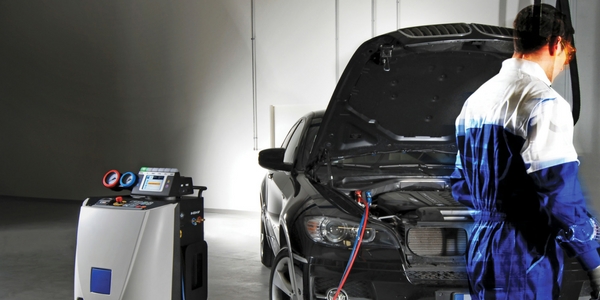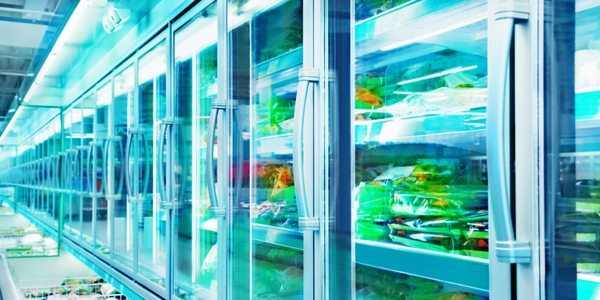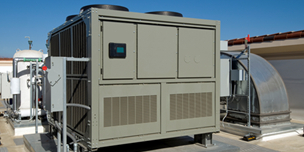
From automotive air conditioning to commercial refrigeration to home insulation, the groundbreaking Opteon™ portfolio offers low global warming potential (GWP) solutions that drastically reduce carbon footprints across industries, placing businesses two steps ahead of the competition and regulations.
With a single, yet revolutionary, change in chemical composition, Opteon™ solutions decrease the environmental impact of air conditioners, refrigeration units, and foam insulation, without sacrificing efficiency or performance.
Driven by regulations, the revolution started with cars, millions of them, but has expanded to commercial refrigeration and beyond. Global regulations and incentive programs—including the Montreal Protocol and its recent Kigali Amendment, the European Union MAC Directive and F-Gas Regulations, and the United States CO2 Greenhouse Gas carbon credits—are driving the need for low-GWP products. The OpteonTM portfolio is ready and able to meet this growing need.
![]()

Opteon™ YF (HFO-1234yf) refrigerant replaces HFC-134a in automotive air conditioning—reducing the GWP by more than 99%.

Many supermarkets and restaurants have made the switch to Opteon™, reducing GWP and increasing energy efficiency by up to 12%.

Facility managers across the globe have decreased their energy consumption—by up to 9%—and their CO2 footprint with OpteonTM refrigerants.
What
In automotive applications alone, the transition from legacy technologies, such as HFC-134a, to low GWP refrigerants, such as Opteon™ YF, will eliminate nearly 66 million tons of CO2 by 2018, which equates to:

By 2025, products like Opteon™ YF are expected to eliminate 3 hundred million tons of CO2 equivalent from the world!
![]()
